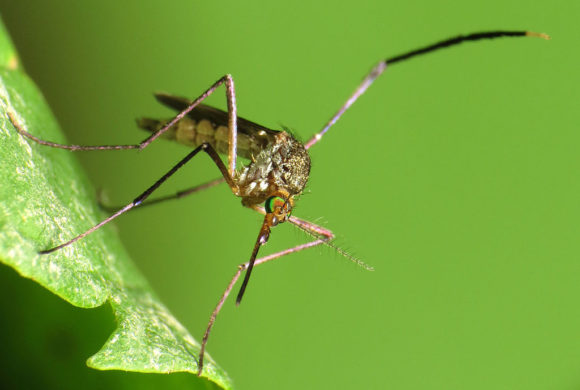All over the state, Virginia residents have been quick to condemn this year’s especially wet summer. But those torrential downpours might be why you have fewer mosquito bites on your arm. As the climate grows steadily warmer, the risk of increased illness from heat-loving insects like mosquitoes grows with it. The research group Climate Central released a report earlier this month detailing how so-called mosquito disease danger days are rising. There are more days in spring, summer and fall with an average temperature between 61 and 93 degrees, the prime temperature for mosquitoes to spread diseases like West Nile virus.
Blog
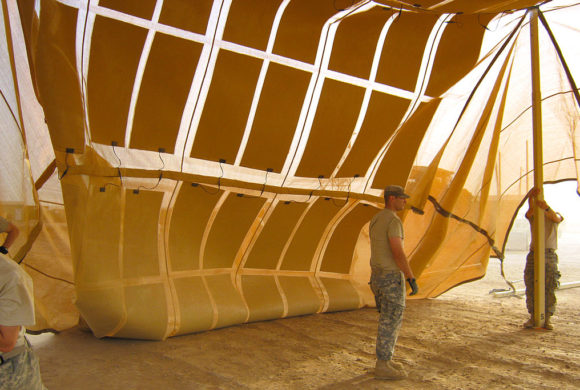
Defense Authorization Bill Includes Provisions on Modernizing Energy Infrastructure and Enhancing Resilience
In a visit to Fort Drum on August 13, President Trump signed into law the John S. McCain National Defense Authorization Act for Fiscal Year 2019 (P.L. 115-232), or NDAA. The new law includes key provisions on energy infrastructure modernization, resilience, and climate change preparation in the interest of national security.
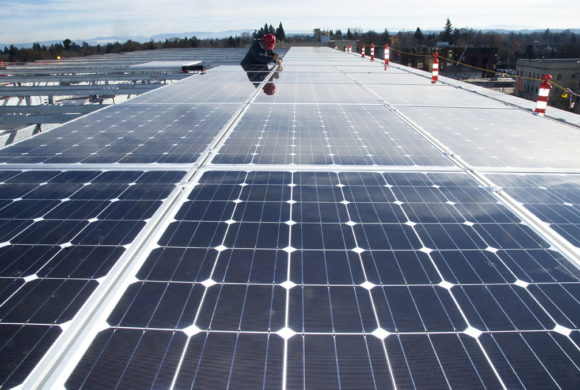
Virginia’s rural co-ops learning lessons with community solar
Last month, the Virginia State Corporation Commission (SCC) approved three-year pilot community solar programs for four distribution co-ops served by the Old Dominion Electric Cooperative (ODEC), based in the Richmond suburb of Glen Allen. They are A&N, Mecklenburg, Northern Neck and Rappahannock. In addition, applications by two other distribution co-ops also served by Old Dominion — Shenandoah Valley and Southside — are pending before the SCC.
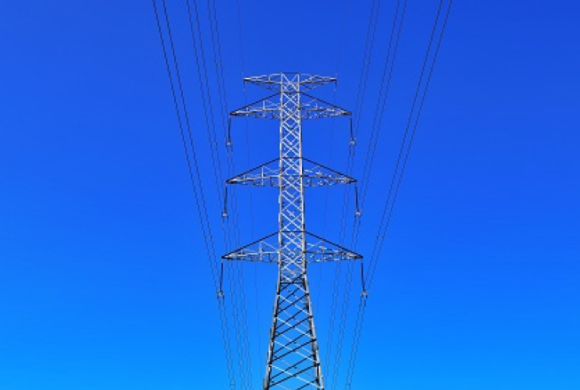
What is the Affordable Clean Energy rule and how does it compare to the Clean Power Plan?
On August 20, Acting Environmental Protection Agency (EPA) Administrator Wheeler signed a notice of proposed rulemaking called the Affordable Clean Energy (ACE) rule, the next step in developing the Trump Administration’s much-anticipated replacement to the Obama-era Clean Power Plan.
The Affordable Clean Energy rule establishes guidelines for states to develop carbon emissions reductions standards for existing coal-fired power plants.

Eco-Friendly Tips for Pet Owners
Pets are cherished members of our family, essential for companionship and improving our health/ well-being. Just as we generate a lot of waste, our pets have a large ecological “paw print” of their own. Being a pet owner doesn’t have to drastically impact our household carbon footprint if we make responsible decisions. We hope you find the following tips helpful for maintaining a eco-friendly household with your furry friends!
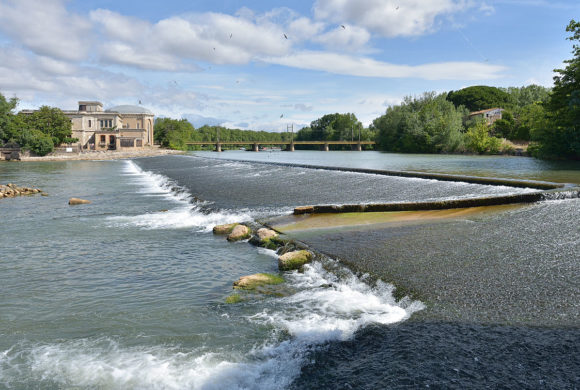
Solving for Water Security at the Source
Water funds are a collective investment vehicle in which stakeholders collaborate to implement nature-based source water protection. Downstream water users invest in upstream land and water management practices, compensating upstream land managers for restoration activities and better management of agricultural land. Rural landowners and communities can benefit economically from these investments as well. Mutual benefits are the hallmark of successful water funds.
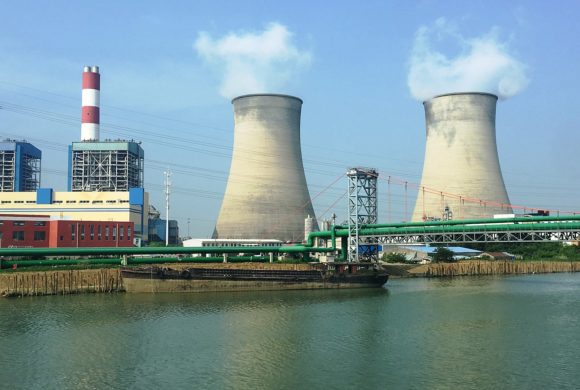
China’s Gas Shortage
Recent strategies and policies to phase out coal in China have led to an increase in demand for natural gas. In October 2017, China’s Ministry of Environmental Protection unveiled plans to cut harmful air pollution, especially the particularly damaging fine particulate matter known as PM2.5. The plan, or “Coal Ban,” has set strict targets on air quality levels in addition to a ban on burning coal in 28 of its northern cities, including Beijing. However, while the air quality improved significantly in Beijing this past winter, the rapid ban on coal burning and the transition to natural gas has left thousands without heat.
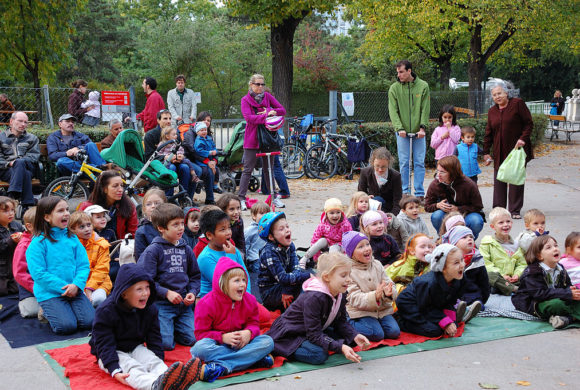
Greening Your “Back to School”
We know we need to improve active school travel rates and health outcomes of youth. We also know the reasons why. Here’s how to plan for a healthy school!
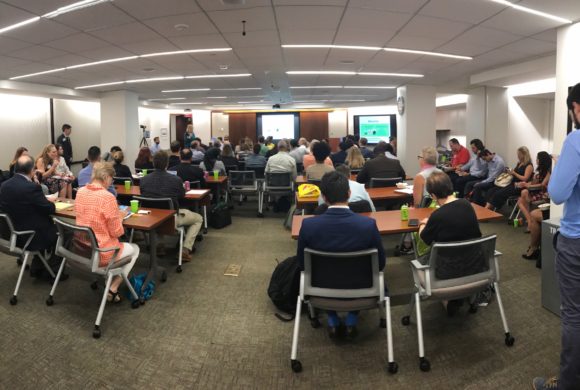
D.C. Wants You: Our Nation’s Capital is a Hub for Green Jobs
Leaders in Energy held its 5th Annual Green Jobs Forum on “Growing a Clean Regional Economy” on August 16, 2018 at the Metropolitan Washington Council of Governments. The event featured two moderated panels for guests and exhibitors. The first panel, “What’s Going on in the DMV on Green Jobs?” featured four panelists: Todd Beazer, Dr. Taresa Lawrence, Ashante Abubakar, and Natalie Monkou, and was moderated by Janine Finnell.

The Green Graduate’s Guide to Getting a Job
The nation’s capital and surrounding areas are hotbeds for positions that ultimately serve to combat climate change or protect natural resources. Of course, anyone working in environmental policy would appreciate proximity to federal legislators, but D.C. also boasts a robust network of cleantech companies and sustainable development organizations. What better place for a young green professional to jumpstart their career?
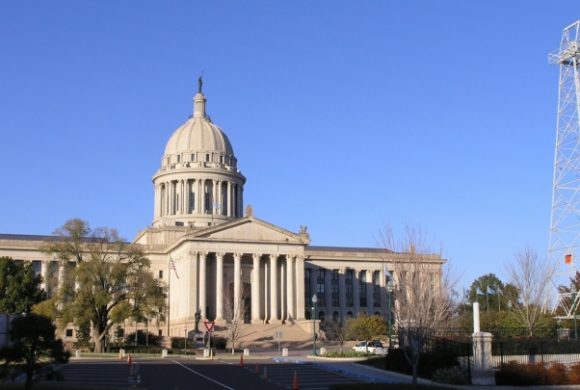
SCOOP & STACK Causing Cracks: Oklahoma Tightens Regulations to Curb Fracking Earthquakes
After a slew of earthquakes triggered from shale oil and gas operations, the Oklahoma Corporation Commission (OCC), the state’s oil and gas regulator, released new rules designed to reduce seismic activity. Hydraulic fracturing—fracking—is being used in combination with horizontal drilling to extract shale oil and gas in what has been called the “US’s hottest new area for horizontal development” in the state’s SCOOP and STACK shale plays, located in the Anadarko Basin.
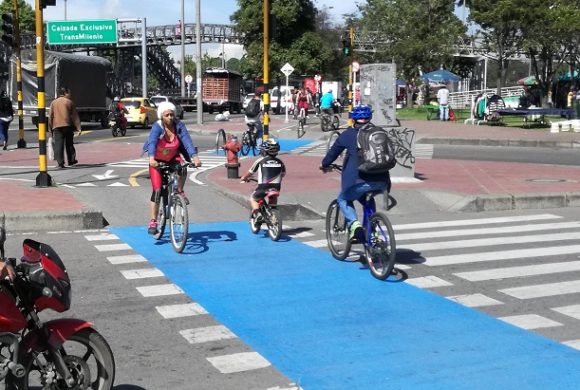
4 Lessons from Bhopal and Bogotá on Launching Citywide Bike Sharing
Bike sharing has experienced astonishing growth since its first major breakthrough 20 years ago. Following the rise of dockless bike sharing, more than 1,000 cities worldwide now offer bike-sharing services. Around 300 cities implemented new systems in 2017 alone.
Bike sharing offers a bevy of benefits that make them attractive investments for sustainable cities. They help address mobility challenges such as congestion, poor air quality, high greenhouse gas emissions and lack of transport options. To help catalyze further expansion of this healthy and environmentally sustainable mode of transport, the Financing Sustainable Cities Initiative (FSCI) met with experts and cyclists in Bhopal, India, and Bogotá, Colombia.


